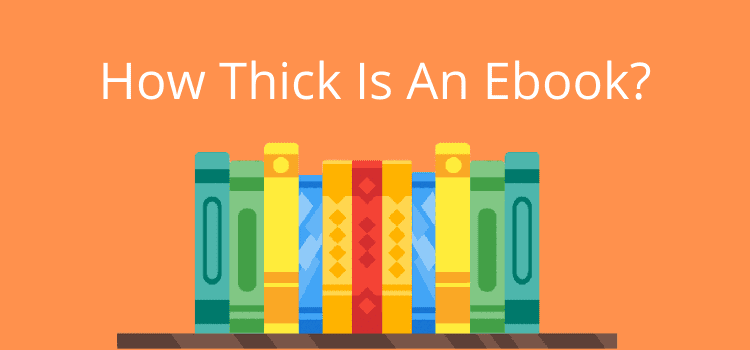
How many pages make a book? There is an old story that goes like this.
When an author submits a new 35,000-word manuscript to their literary agent, the agent says, “Um, looks good, but can you pad it out to 90,000 words?”
That was when the physical dimensions of a book were an important consideration.
Because the thicker the book, the more sales value potential it would carry when it sat on a shelf in a bookstore.
Does word count matter?
When I look at some of the books on my bookshelf, my collection of James Clavell novels are all very thick, either in hardback or paperback.
Yet in the middle of them is King Rat, which must have escaped Clavell’s literary agent’s attention.
It is a very short novel and a thin book.
Further on are my Douglas Adams books, starting with Hitchhiker’s Guide to the Galaxy. It is an incredibly short and very slim book.
But it is noticeable that all the subsequent books by Adams became thicker and thicker.
The Salmon of Doubt looks like a tome next to HHGTTG. Clearly, Adams’ agent must have told him to pad it out.
How many pages is 5,000 words in an ebook?
Today, however, while the physical size of a book may still matter in a bookstore, ebooks have no dimensions.
It only takes a quick scan of a handful of ebooks, say in the Kindle Store, to notice that the number of pages that constitute an ebook is almost as wide as the Pacific.
So, is it possible to define how many pages 5,000 words is in an ebook?
A Kindle ebook page
Amazon used to estimate a page count in an ebook to be around 187 words. Unfortunately, this information is no longer available on the KDP help pages.
The only information about page count on an ebook in the Kindle store is based on print pages, even if no print book is published.
However, the number seems still relevant, but it might range between 175 and 200 words per Kindle page.
But depending on the e-reading device and the font size setting, a page varies significantly between a phone, a tablet, or a Kindle.
If a page is 500 words on an iPad and 250 words on a Kindle, it might be only 120 words on a phone.
But here is what 187 words look like in Microsoft Word to give you an idea of how small a Kindle ebook page is.
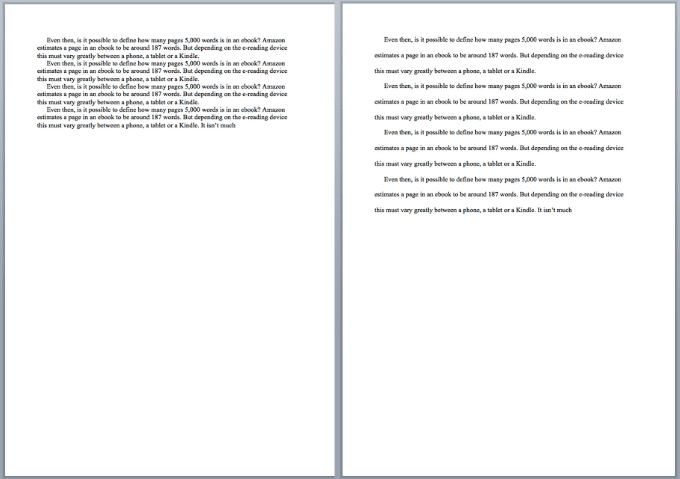
Both pages use Times New Roman 12-point font size.
On the left, a page with single-line spacing and 187 words fills only a quarter of the page.
The page double-spaced on the right fills less than half the page.
To fill a page in Word, you would need around 500 words, 1.5 spaced or 750 words per page single-spaced.
How many pages?
Using Amazon’s old word count estimate as a guide, 5,000 words would equal 26.73 ebook pages, and 6,000 words would be 32.08.
In two minutes, I found ebooks ranging from 10 to 950 pages.
Would you pay good money for a 15-page ebook? An ebook with 15 pages amounts to only around 3,000 words.
There were rumors in 2013 that Amazon had set a minimum word count of 2,500 words for a text-based ebook, which was reported by many blogs, including Galleycat.
It is still not clear if Amazon has a defined minimum word count for Kindle ebooks.
The only mention is hidden deep in its Help pages.
“We do not allow content that disappoints our customers or creates a poor shopping experience, including but not limited to content that is too short.”
So what is too short? 300 words? 1,000 words? 1,500 words?
In any event, I struggle to accept that 2,500 words can be called a book in any form.
Even an essay of 5,000 words, at a little over 20 ebook pages, is only slightly longer than an online article or blog post.
Short is popular
What is noticeable, however, is that short-read ebooks are very popular.
A check of some of the bestseller lists on Kindle reveals that ebooks at around 100 -150 pages sell quite well.
In past times, books of this length would have been classed as novellas.
But as an ebook has no dimensions, it hardly matters what you call it now. It’s just an ebook.
I always let readers know if one of my ebooks is a novella.
Two are short reads, around 30,000 to 35,000 words, but perhaps I’m showing my age and don’t need to bother anymore.
So how many pages is 1,000 words? How many pages is 3,000 words?
Who cares about word count, or how many words or pages are in it?
It’s just an ebook.
So it doesn’t matter anymore.
Related reading: How To Self-Publish Short Stories On Amazon KDP
Share This Article
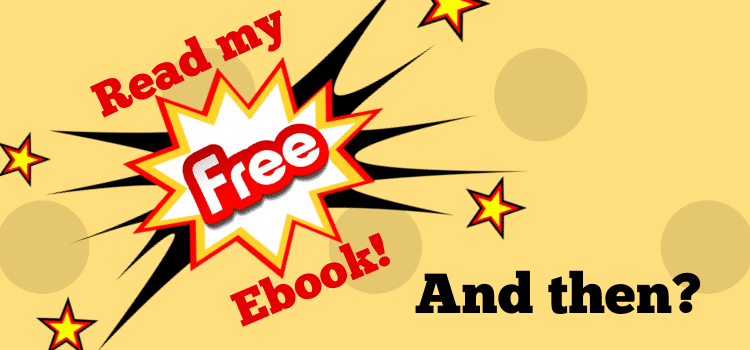
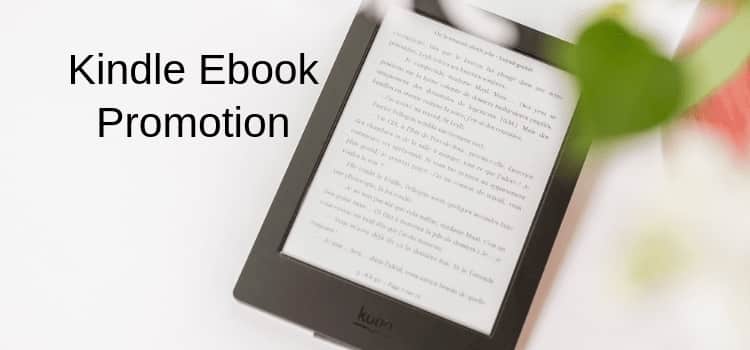
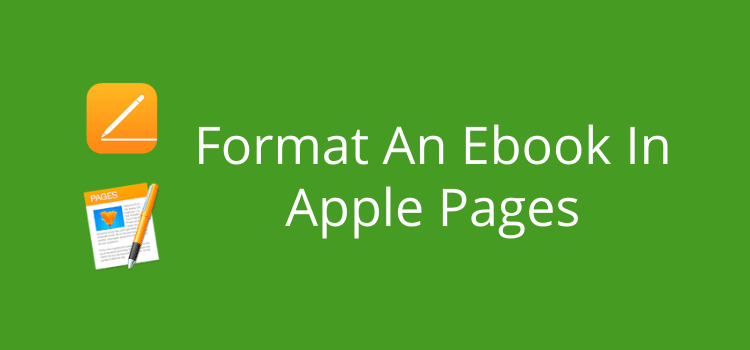
I found this article very helpful, thank you! I have written and published some short stories and priced them at $0.99 each. In Scrivener the default value for words per page (via project statistics) is 350 words per page, but I haven’t figured out how Amazon works out the number of pages. I can give some examples of word count and Kindle pages if this helps anyone.
1. Short story (SF) of 1,948 words in Scrivener / 1,926 in MS Word = 12 pages
2. Short story (horror) of 1,653 words in Scrivener / 1,643 words in Word = 10 pages
3. Short story (erotica) of 6,223 words in Scrivener / 5,966 words in Word = 19 pages
I used a Word document and Kindle Create for these books. Some short erotica titles in the same genre as my book are priced much higher; I noted one was $3.00 for 19 pages and another was $3.28 for 39 pages. Although the royalty rate is much lower, it just didn’t feel right to charge more than $0.99 for such a short book. My current work in progress looks as if it will be over a hundred pages and will likely be priced a little higher, but I’ll keep my shorter pieces at the lowest possible price. I want readers to feel like they receive value for money and aren’t being ripped off.
These days does it actually matter. Asking how many pages is as absurd as “how long is a piece of string!”
Yes, but there are some very short pieces of string in the Kindle Store today, Jack.
FWIW, I would still call it a novella if it meets the basic word count definition of one (roughly 30-40k words). This way, readers know what to expect and you become less likely to get reviews that say your novel is too short.
It may be “out of date” with the e-reader market, but there are still MANY readers who like physical copies. And they DEFINITELY want the distinction.
Is a 5k word non fiction ebook (niche health related) too short? I I’m thinking of publishing it on Amazon but as already mentioned, there is no real guidance on this.
I also have a 3k waiting in the wings too
If you want a blunt and honest answer, I write longer blog posts than that. You might consider combining your short articles together to get to a reasonable length.
I write for fun. Many of my stories end up in the 7K to 10K range mostly because it’s a once concept story. They aren’t too complex and usually either horror or dirty romance. As I’m just getting started, I haven’t found whether people enjoy the shorter stories or not. I’ll be honest with you, I prefer shorter stories. I can’t tell you how many times I’ve glossed over novels by famous writers because there is just too much unrelated information. I sitll read their books because the stories are good, but I could do without the 200 pages of what I call fluff. But that’s just me. I think I’m just going to price everything at 99 cents no matter how long I make it (probably never over 30K.) Hopefully that will keep everyone happy and I will sell enough to keep me happy.
How about calling the short stories “Airplane Books”. If, it hasn’t been mentioned, that is.
How about, “Travel Pads”, sounds minimalist.
I have to question that Amazon words per page estimate. I wrote a 50K book and based on how many pages it is — at least according to Amazon — I have roughly 340 words per page. That’s WAY different than the 187 words per page that they estimate. Am I doing something wrong? Should I be editing or formatting my book in a different way to get a higher page count? This is especially an issue for me because I also have it listed in KU, which pays out per page.
Amazon doesn’t explain the 187 number very well. But I could assume that it is based on an average font size on a Kindle screen. The smaller the font, the more words per page.
Great and good insights I have found here as well as challenging questions and answers.
.
I have not made eBooks before. I am just on training. I just woke up with this question in my mind,”what should be an ideal words count and page of a standard eBook?”
.
#Ginuschuks
I am writing a ebook to present a complex subject (Genera Systems Theory) in a comprehensive, integrated fashion that is also geared for like high school students. BIG need for such! I estimate that I will only need about 25 pages of text and about 12 pages of graphics.
To me, as a retired Tech Writer, the simpler the better.
Any issue with my page count?
Got a friend who is trying the mainstream route for her book and is still being told by agents and writing tutors that the MS must be 85,000 words!
My ebooks and paperbacks range 72k to 101k and all sell. I’d love to word count “published” novels to find out how many really are 85,000.
My latest will finish around 75,000 because that’s where the story ends. Another 10,000 to pad out would be ridiculous. (One reviewer who doesn’t like me says my books already have “too many words” – and she’s bought three of them!)
Like the idea of a novella though, very useful for good ideas that don’t have the legs for longer but they would have to be cheaper or I’d feel I was cheating the reader.
The publishing industry though! One name of some renown told me that Medieval Crime Comedy was three things and I was only ALLOWED one!! Ignore these people!
Size matters, especially when it comes to price.
I don’t mind buying a short story or a novella if I know that’s what I’m getting, but a “book” shouldn’t be less than 100 pages or 40,000 words. It’s about setting expectations and delivering value for money, and too many people are charging book prices for short fiction. (And vice versa, but that’s another rant.)
Personally, I blame Amazon’s royalty structure. The 70% range shouldn’t be static. It should be adjusted for length, to allow people to sell a short story for a buck and make a fair amount from each sale. The same goes for epic-length box sets on the other end of the scale; if I’ve got three full-length novels on the market for $5 each, I should be able to collect them into a $12 box without cutting my throat on the royalties.
It’s hard for fiction to come in all shapes and sizes when the price structure is one-size-fits-all.
True, JB. At least Kindle do give a page count, so buyers are informed. However, the page count is not perfect, as some are based on a paperback version, which can be misleading. Whereas ebooks without a paperback version are based on KENP. The results can be wildly different.
As for a flexible royalty scale, I’m not sure Amazon how Amazon could do this fairly. As a $0.99 to under $2.99 ebook only qualifies for 35% royalty, it’s hard to see how a change could be applied, unless the royalty rate was increased, which would naturally be unprofitable for Amazon.
So, because ebooks that are priced at $2.99 or above qualify for 70% royalty, of course authors of novellas choose this price.
That’s my point – the $2.99 70% floor creates a perverse incentive to jack up the prices of short fiction. I see 5000-word short stories at that price way too often, and that’s too expensive. At the same time, I see authors selling full-length books at 99 cents just to get exposure, or $2.99 because that’s the 70% floor, when they should be asking more.
I mean, I like a bargain as much as anyone else, and I understand that processing fees are basically static, but there should be a way for authors to sell short fiction for a decent royalty without having to price it out of their audience’s range. What good does it do me to make 70% on $3 if nobody pays that?
A novella is a novella, is a novella, not a novel. Thank you for stating the distinction.
I’m working my way through your articles. Just read the one on 10 mistakes not to make. I found that one refreshing. I’ve been trying to take the advice not to talk about my books except for special reasons or promotions, but to build relationships instead. I’ve found that it’s a lot of fun.
I’ve nominated you for an award, The Dragon’s Loyalty Award. If you want to participate, check out the directions at justcanthelpwriting.wordpress.com. I’ll have them posted by Saturday!
I’m glad to hear you are getting ideas from my blog, Virginia. And thanks for the award nomination!
I have the same policy—if one of my books is novella length, I call it out as a novella. I feel like doing otherwise is going to upset some people I’d rather remain friendly with.
But one thing I will cop to—I’m writing a lot MORE short books now.
Most of my books are falling under 100K words. The most current books are in the 5o-70K range. Still a pretty decent length, and in paperback they look nice and substantial on the shelf. But the majority of indie authors I talk to feel like 100K is pushing the bottom limit. So I’m kind of torn on that score.
But I’ve taken to writing “episodes” lately. Some of my books are falling around 20K words. And, frankly, I think that’s enough space to tell the right kind of story. It’s a substantial enough read to keep the reader happy, I think, but also allow me to churn out a volume of individual books rather than focusing on a volume of pages.
Still … I think you should always warn the reader, and I think you should adjust pricing appropriately.
Thanks for your insightful comment, Kevin. I still write full length novels, say 70-100k, but strangely, a couple of my novellas at 20-30k sell much better, and at almost the same price as my full length efforts. If I can earn $3.99 for a 25k novella, against no more than $4.99 for 100k novel, what should I do?
I have pride in my writing, but then there is food to pay for. The ebook market is new, and different. One that likes a fast feed it seems, so I will need to adapt, like you seem to have done already.